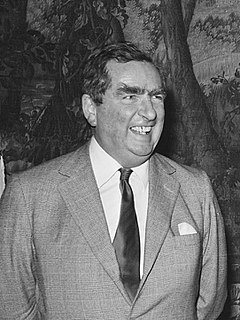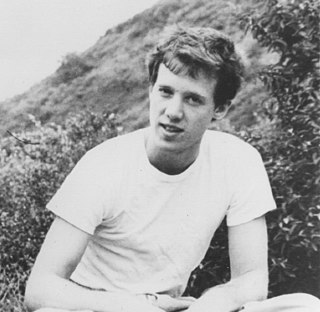A Quote by Clive Lewis
The only time that Labour has convincingly come from opposition to win has been in 1997 in the post-war period. And to do that we had to tack quite substantially to the right.
Related Quotes
We started America with the sin of slavery that led right into the post-reconstruction period which was the greatest period of domestic terrorism in our country's history. Then after that, we had Jim Crow emerge and just when the Jim Crow laws were ending came the onslaught of the drug war. Well, the drug war has so perniciously effected, insidiously infected communities of color that in some ways it has come full circle, and we now have more African Americans under criminal supervision than all of the slaves in 1865. This is a profoundly unjust war.
A particular type of film emerged from World War Two, with the Italian neorealist school. It was perfectly right for its time, which was as exceptional as the reality around us. Our major interest focused on that and on how we could relate to it. Later, when the situation normalized and post-war life returned to what it had been in peacetime, it became important to see the intimate, interior consequences of all that had happened.
I opposed the Suez war, I opposed the Falklands war. I opposed the Libyan bombing and I opposed the Gulf war and I never believed that any of those principled arguments lost a single vote - indeed, I think they gained support though that was not why you did it. What has been lacking in Labour politics over a long period is a principled stand
What bin Laden had hoped to achieve in Afghanistan in the post-9/11 period, which was to drag the United States into a protracted guerrilla war like the one he had fought against the Soviets, never happened. Instead, that protracted guerrilla war is now playing out in Iraq, in the heart of the Middle East.





























